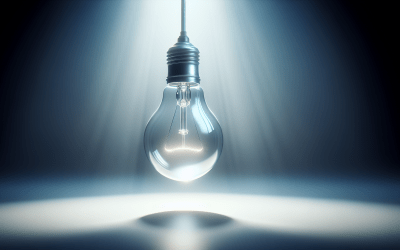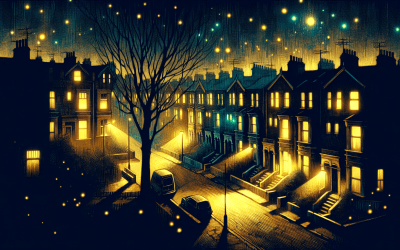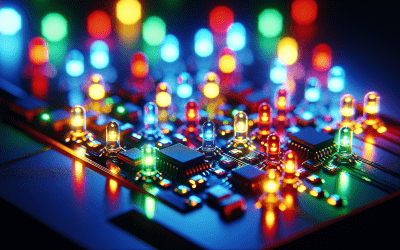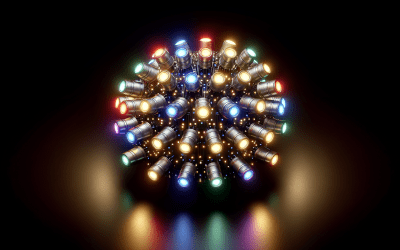Introduction
Whether you’re setting up your new home or renovating your office, understanding the basics of lighting is crucial. Lighting affects not only the aesthetics of your space but also your energy consumption and costs. One of the most common dilemmas you may face in choosing the right lighting solution is understanding Lumens VS Watts. The Brisbane lighting electricians are here to shed some light on this often confusing topic!
When it comes to lighting, it’s common to consider the ‘brightness’ of the light and the amount of energy it consumes. Traditionally, Watts have been used as the universal unit to determine both these factors. However, Lumens are increasingly becoming a more accurate parameter to measure light output. As lighting experts in Brisbane, we will delve deeper into Lumens VS Watts to provide clarity on this issue.
Quick Summary
Lumens and watts are both units used in lighting, but they measure different things. Lumens measure the total amount of visible light from a bulb, while watts measure the amount of energy a bulb uses.
Understanding Lumens and Watts
Lumens are the measure of total light output or, in simpler terms, the brightness of a bulb. The higher the lumens, the brighter the light. Watts, on the other hand, measure how much energy a bulb uses to produce light. It is not a measure of light output but a measure of power consumption.
For instance, an LED light with high lumens and low watts will provide bright light while consuming less energy, making LED lighting solutions a highly efficient choice. Understanding both Lumens and Watts can help choose the right light bulb for different applications and save energy.
The Shift from Watts to Lumens
Traditionally, we’ve looked at wattage to gauge a bulb’s brightness due to the use of incandescent bulbs. However, with the advent of energy-efficient options like LED lighting Brisbane, the old wattage system doesn’t apply anymore. The energy-efficient bulbs produce the same amount of light using significantly less wattage, making Lumens a more accurate way to measure brightness.
Today, you’ll find both Lumens and Watts listed on lighting packaging, which allows you to consider not only the brightness but also the energy efficiency of the bulb. This is particularly important in applications like outdoor lighting Brisbane, where efficient and effective lighting solutions are required.
How to Convert Watts to Lumens?
The conversion from Watts to Lumens isn’t straightforward because they measure different things. However, one can make a general estimate based on the type of bulb and the wattage. For example, an incandescent bulb with a wattage of around 60 watts gives off about 800 Lumens, while an LED bulb uses approximately 8 to 12 watts to produce the same brightness.
NOTE: These are rough estimates, as the actual Lumen output may vary depending on the specifics of the light bulb being used.
Which is More Important: Lumens or Watts?
Both Lumens and Watts are significant, but for different reasons. Lumens should be your primary focus if you want to determine how bright a light will be. For example, when looking at pendant lighting installation in Brisbane, higher Lumens will give you brighter light.
If you’re worried about energy consumption and cost, then Watts become significant. A bulb with high Lumens and low Watts would be your best choice since it would provide bright light without using a lot of energy.
Conclusion
With a clearer understanding of Lumens VS Watts, choosing the right lighting for different applications should now be less confusing. Whether it’s for a bedroom, living room, office, or outdoor space, always consider the function of the room and pick a light bulb with the right amount of Lumens. Also, keep an eye on the Watts to ensure energy efficiency.
At Modern Lighting Brisbane, we are committed to providing lighting solutions that not only serve functional and aesthetic purposes but are also energy-efficient. If your current lighting is not meeting your needs, feel free to reach out to us. As lighting solutions experts, we can help with everything from LED lighting and outdoor lighting installation to smart lighting solutions.







